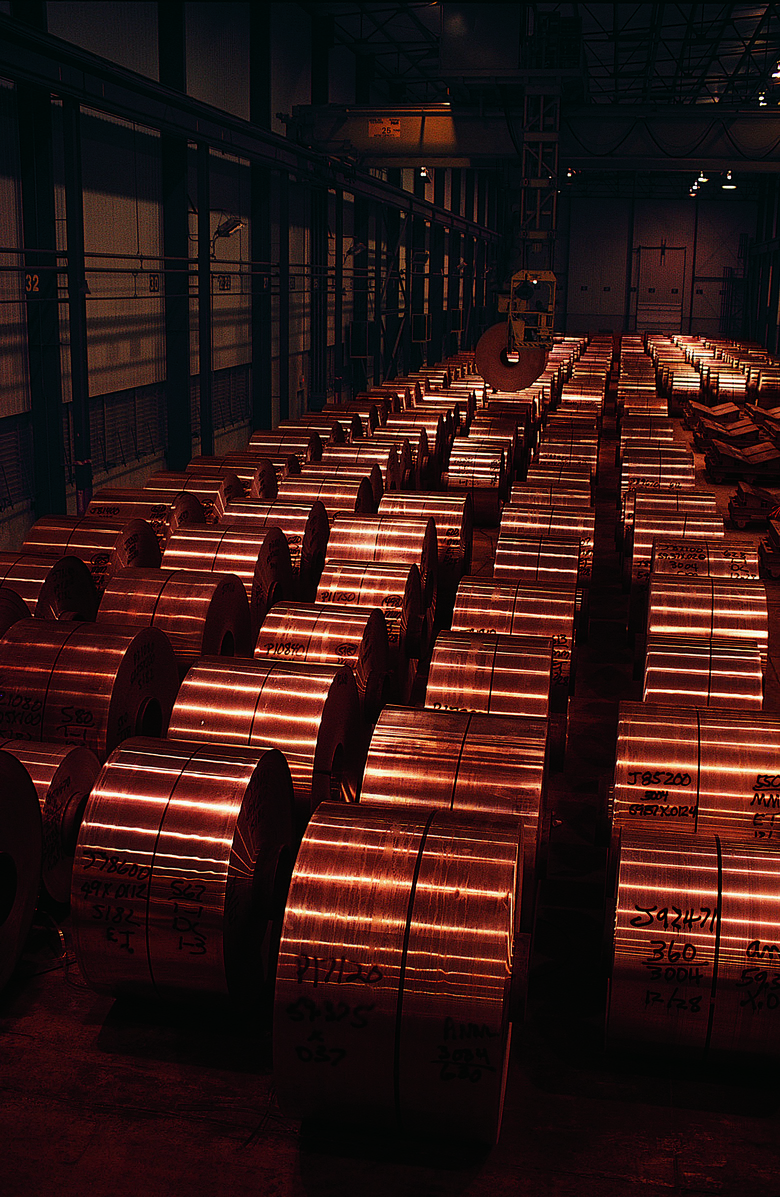Describe The Process Of Electrolysis In The Production Of Metals
Electrolysis is the process of using electric current to induce a chemical reaction. The chemical reaction in question is typically a reduction-oxidation reaction, wherein atoms exchange electrons and change oxidation states. This process can be used to produce metal solids, which is useful for electroplating and the purification of various metals.
Basic Setup of Electrolysis
Basic Setup of Electrolysis
Electrolysis requires two oppositely charged poles, called the cathode and anode. The cathode is negatively charged; it is the site of the reduction of positive ions. The anode is positively charged; it is the site of the oxidation of negative ions. In an electrolytic cell, these two poles are connected to an external power source. The circuit is typically completed by a salt solution called the electrolyte. In the production of metal through electrolysis, a layer of metal will form on the cathode.
The Nature of the Reaction
The Nature of the Reaction
In a reduction-oxidation — or redox — reaction, two different elements exchange electrons. In the process of electrolysis, solid or molten metal will appear when a positively charged metal ion gains electrons such that it has a neutral charge. The positive metal ions are present in the electrolytic solution. They can form a solid or molten metal on the cathode when electrical current is applied to the apparatus. For example, in the electrolytic purification of aluminum, aluminum ions from the electrolyte will be reduced at a cathode, forming very pure aluminum.
The Application of Electricity
The Application of Electricity
In order for the production of metal to take place, an electrical potential must be applied. In the process of electrolysis, this flow of electrons typically comes from an external DC current. Once the electrical current is applied, electrons will move through the external circuit, and positive ions will move in the electrolyte. Then the cathode can undergo reduction with these electrons and ions to form metal.
The End Point of Electroplating
The End Point of Electroplating
The electroplating process is limited by the amount of positive metal ions in the electrolytic solution. Once all these ions have been used up, the reaction will have no way of continuing. Hence, no more metal will form. In order to continue forming more metal, you must add more positive metal ions to the electrolytic solution.
Cite This Article
MLA
Murmson, Serm. "Describe The Process Of Electrolysis In The Production Of Metals" sciencing.com, https://www.sciencing.com/describe-the-process-of-electrolysis-in-the-production-of-metals-12731120/. 18 December 2013.
APA
Murmson, Serm. (2013, December 18). Describe The Process Of Electrolysis In The Production Of Metals. sciencing.com. Retrieved from https://www.sciencing.com/describe-the-process-of-electrolysis-in-the-production-of-metals-12731120/
Chicago
Murmson, Serm. Describe The Process Of Electrolysis In The Production Of Metals last modified August 30, 2022. https://www.sciencing.com/describe-the-process-of-electrolysis-in-the-production-of-metals-12731120/
